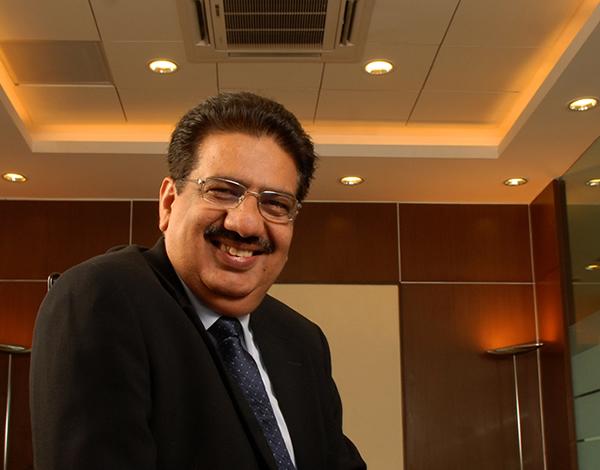Youth leadership: The face of change

Egypt, a country transformed in less than a month! Without getting into the politics of the region, I am transfixed by the very power of the youth movement that brought about this change. A simple Facebook group that took their protest from the virtual space to the streets and changed their world. Young leaders who had no sanction of authority but appealed to popular imagination.
This is the tsunami of youth leadership. Young men and women who do not accept circumstances as given but challenge the given circumstances.
In business too, this is the face of change. In fact, we are quite literally banking on these change agents. It is a widespread expectation that their natural comfort with rapid technological advances, innovative spirit and collaborative brainstorming will translate into creative solutions to succeed in the new normal. Yet, in order to be effective, Gen Y too has some candid expectations of their workplace.
I was reading an interesting blog the other day on the 10 ways Generation Y will change the workplace by Ryan Healy, a young Penn State graduate who left his job as a financial consultant with IBM to begin his own entrepreneurial venture. Healy, a member of Gen Y himself, believes that his generation will remodel the work day, reinvent performance review, redefine retirement and much more!
Having worked with thousands of bright Gen Y minds, I must say I agree. In fact, I am already witnessing the stirrings of change. As we see more and more members of Gen Y grow into managerial roles, they are leaving an unmistakable mark on work practices.
Among the first change we are witnessing is a blurring of lines between work and home. These young digital natives are always wired. Unlike, the 9-to-5 culture of previous generations, there is no down time. And, understandably, they expect their organisations to do the same.
As a direct corollary of this blurring of boundaries, their professional and social lives converge - as does their perception of their company as a business and a socially responsible entity. In other words, it is important to them that the company they work for to be true to its social responsibility.
An equally important expectation of this young blood is openness to questions, opinion, and feedback from their team leaders. Hungry to learn, they seek mentors rather than directors. They thrive on collaboration and are therefore stifled in stiff pyramid structures. To create an environment that enhances their success, we will have to rethink organisational hierarchy, engage with them constantly and go the extra mile in nurturing their boundless energy that breaks through convention boundaries of work.
In the words of Gen Y researcher and author Bruce Tulgan, this might be "the most high maintenance workforce in history” but admittedly, “they also have the potential to be the most high-performing if they are managed the right way."

